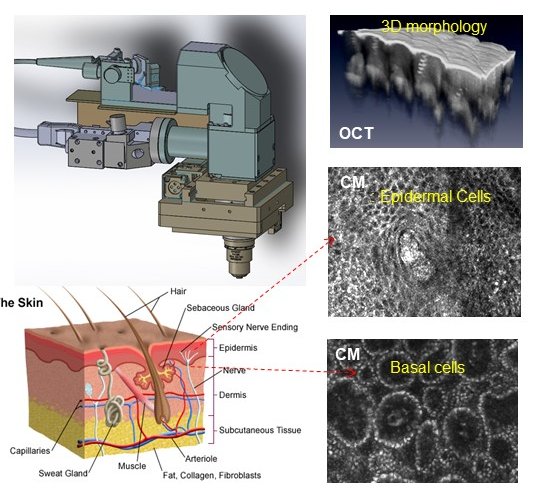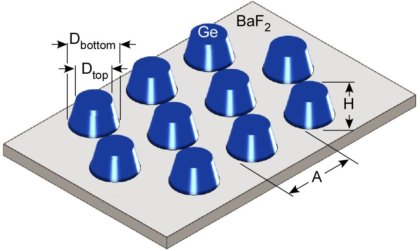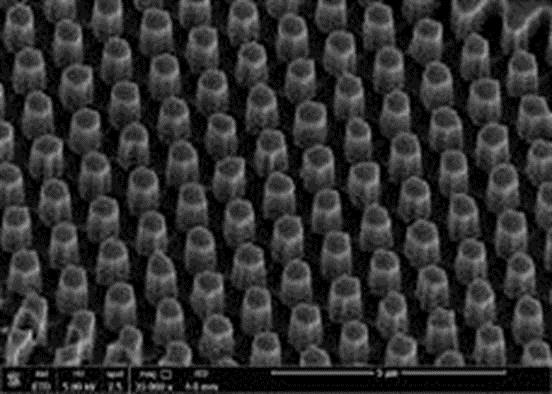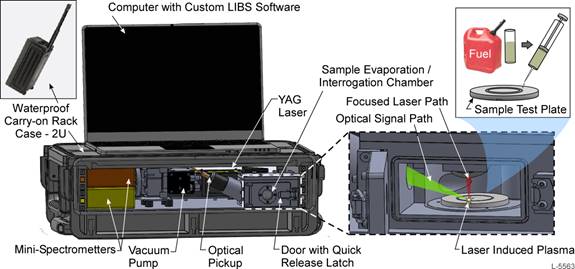Newsletter
The staff at Physical Sciences Inc. (PSI) is dedicated to the creation of innovative solutions and their rapid demonstration. We are focused toward seeing our technologies reach the marketplace by the best path. Our investments in new staff and facilities have added significant new capability and led to many recent program wins. The links below are a few of these new research programs at PSI and at our Faraday Technology Inc. and Q-Peak, Inc. subsidiaries.
PSI has been awarded research programs from the National Institutes of Health. The programs include:
- Comprehensive Imaging and Quantification of Blood Flow for Investigating Ocular Diseases: A novel ophthalmic imaging platform for characterizing retinal morphology and monitoring ocular blood flow abnormalities.
- Smart Template for Prostate Biopsy Guidance: A double-action SmartTemplate to aid transperineal targeted prostate biopsies and subsequent focal therapy procedures performed under magnetic resonance imaging (MRI)-guidance.
-
Oximetry of Retinal Microvasculature in Eyes with Multi-Modal Adaptive Optics Small Animal Imager: A non-invasive high-resolution retinal oximetry platform that is able to monitor in vivo retinal oxygen saturation (SpO2) in the eye down to the capillary level.
-
Quality by Design Process Development Tools for Freeze Drying Co-solvent Pharmaceutical Formulations: Hardware and software tools that will support Quality by Design based development of freeze drying processes for co-solvent product formulations.
-
Multimodal Optical Probe for Skin Cancer Detection and Therapy Guidance: A novel optical imaging technology based on combined Optical Coherence Tomography (OCT) and Confocal Microscopy (CM) for non-invasive real-time diagnosis of non-melanoma skin cancers (NMSCs), tumor subtyping and margin mapping.

Multimodal Probe for Skin -
Quantitative Methane Plume Imager for Localization and Flow Rate Estimation in Mines: An innovative solution that provides practical methods to identify and measure hazards at a reasonable cost in high-risk occupations.
-
Multi-channel Functional Imaging Tool for Neuropsychological Drug Development: A novel multimodal neuro-imaging tool to support the development of new drugs and therapies for neurological disorders.
PSI has been awarded research programs from the U.S. Air Force. The programs include:
-
Low Temperature Metasurface Optics for Infrared Filtering and Dichroic Beam Splitting that provide more reliable performance at low temperatures in order to better characterize the performance of scene generators and detectors at cryogenic temperatures.


Metamaterial geometry and Scanning Electron Micrograph (SEM) image of a fabricated structure -
Arbitrary Sized Scramjet Assemblies: An Additive Manufacturing (AM) process that allows duct segments to be jointed together into large-scale scramjet assemblies.
-
Development of an Advanced, High Power UV Emitter Assembly: A High Power UV LED Based Emitter Modules in Support of the Towed Optical Plume Simulator.
-
Next Generation High Power Broadband MWIR Emitters for TOPS: A new, state-of-the-art, high power, broadband mid-wave infrared (MWIR) laser for use in the Towed Optical Plume Simulator (TOPS).
-
A Versatile Hybrid MWIR Scene Projector for Testing of Advanced Focal Plane Arrays: A versatile next generation high dynamic range (HDR) infrared scene projector (IRSP) that combines a flickerless, wide field of view (WFOV) channel with an overlaid, foveated, high-intensity, narrow field of view (NFOV) channel.

Concept for a portable Laser Induced Breakdown Spectroscopy (LIBS) based instrument for surveying liquid fuels for metal contamination -
Portable Laser-Based Analyzer for Trace Metals in Jet Fuels: A laser-induced breakdown spectroscopy (LIBS) – based analyzer for trace metal content in aviation or ground fuels.
-
High Speed MWIR Laser Attenuator: A High Speed Mid-wavelength infrared (MWIR) Laser Attenuator that will improve the capability of missile plume signature simulation tools.
PSI and its subsidiaries Faraday Technology Inc. and Q-Peak, Inc. have been awarded research programs from the National Aeronautics and Space Administration (NASA). The programs include:
-
High Temperature Nozzle Seals for Dissimilar Materials: Ceramic Matrix Composite (CMC) nozzle extension seals for flight applications.
-
A Solar Concentrator System for lunar In-Situ Resource Utilization (ISRU) applications.
-
Q-Peak’s Deep UV Laser for Lunar Exploration: A development to meet NASA’s need for advancing compact, light-weight, low power instruments geared towards in-situ lunar surface measurements, geophysical measurements, regolith particle analysis, and lunar resource exploration.
-
Q-Peak’s High Power SM Fiber Connectors: An environmentally insensitive, low insertion loss, expanded beam fiber connector with high average and peak power handling.
-
Faraday’s Robust FARADAYIC® CNT Based Coating for Scattered Light Suppression: An approach to scalably apply carbon nanotube based black coatings to large area surface and demonstrate the coating’s potential to suppress scattered light, withstand launch conditions, and resist radiation effects and atomic oxygen erosion.
CNT coating on the internal diameter of cylinders



